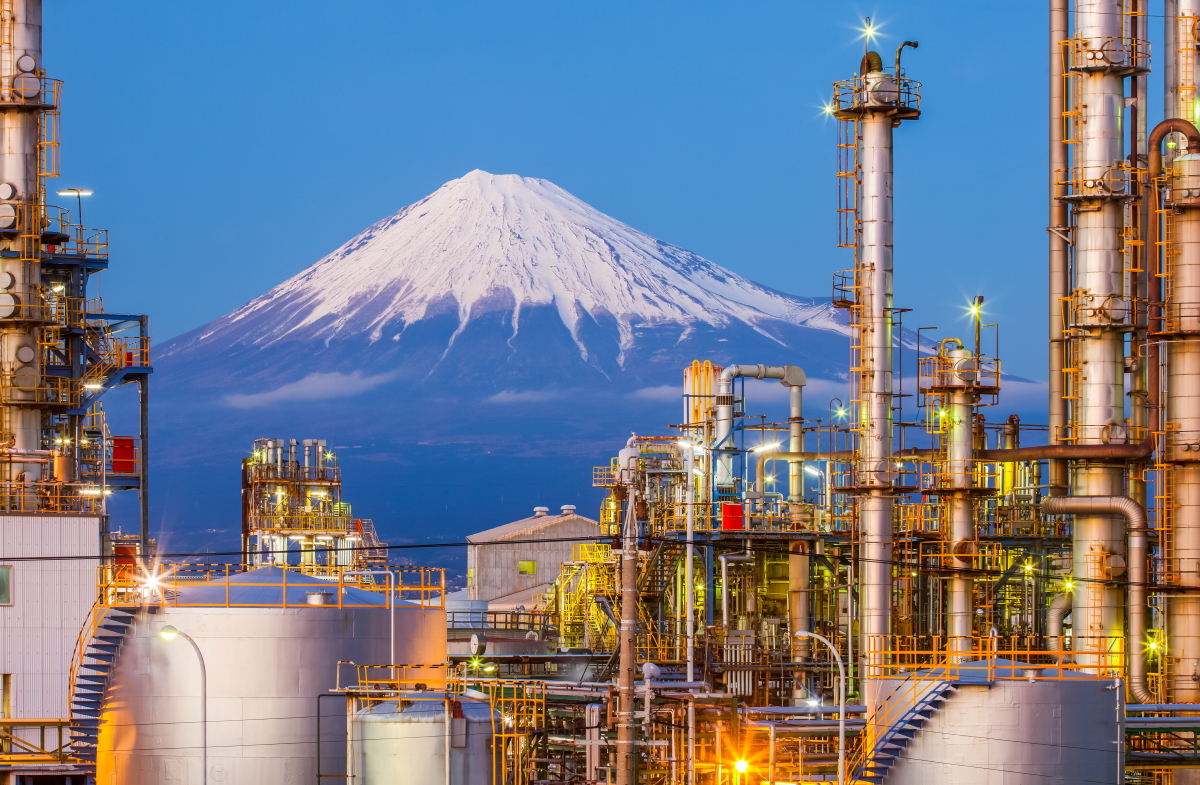Japan will be carbon neutral by 2050, Prime Minister Yoshihide Suga firmly told lawmakers in his first policy address to parliament. It received applause as well as questions from experts and different sectors.
What does this mean for the world’s 5th carbon emitter and the largest G-7 financier of local and overseas coal power generation?
The new target, according to Takeshi Kuramochi, a climate policy researcher at the German NewClimate Institute, is likely influenced by national and global political pressures. Suga’s announcement came weeks after Japan’s regional rival, China, pledged to reach carbon neutrality before 2060. It would be “somewhat embarrassing for Japan to have a net zero emissions timeline later than China,” Kuramochi said as per The New York Times.
However, Japan’s road to a decarbonised society is filled with hurdles.
Japan started to rely on coal after the oil shock in 1970s. After the Fukushima earthquake and 2011 tsunami Japan resorted largely to coal to meet its energy needs. 32% of its electricity supply derive from coal. Furthermore, the country is the world’s third-largest coal importer. Insurance broker Banchero Costa reported that Japan imported 44.8 mn tonnes of coal in the first quarter of 2020, citing data from Refinitiv.
Japan carbon neutral – how can this be achieved?
The International Energy Agency said in its World Energy Outlook 2020 report that to achieve carbon neutrality by 2050, the primary energy demand must fall by 17% between 2019 and 2030 while coal demand must drop by almost 60% over this period to a level last seen in the 1970s.
While Japan is in the process of building 22 new coal power plants, Suga said the government would address the country’s dependence on coal. According to Japan’s Renewable Energy Institute (REI), becoming a carbon-neutral society requires a complete phaseout of coal by 2030 while increasing the target for electricity from renewable energy to 45%.
The other strategy that REI is looking into is the use of renewable energy not just for electric power but all energy use, including heat and fuel, by 2050. REI stated on its website that the country will not depend on nuclear power due to its rising costs and safety issues. Last month, the government started discussing how Japan could increase the share of renewable energy in the 2030 power mix plan from 22% to 24%.
However, the shift to renewables is difficult for Japan because there is not enough space for solar and wind farms. Two-thirds of the country’s land is covered with mountains and forests.
How Japan’s carbon neutral goal will impact industries
During his speech, Suga said that, “Taking an aggressive approach to global warming will bring about a transformation in our industrial structure and economic system that will lead to big growth.”
Major companies such as Toyota and Sony have sealed their commitments to have zero emissions by 2050. But not all companies seem to find this easy.
“There are many firms that have in-house coal-fired power plants, such as steel firms, and reducing their carbon footprint would literally be a matter of survival for some companies,” Mari Yoshitaka, principal sustainability strategist at Mitsubishi UFJ Research & Consulting Co., told The Japan Times.
Meanwhile, the steel industry accounts for 47.6% of all industrial emissions in Japan. Major players Nippon Steel, Kobe Steel, and JFE Holdings have blast furnaces that produce a significant carbon footprint.
The transportation sector accounts for 19% of final energy consumption and 98% of cars, trucks and airplanes use petroleum. Japanese automakers are expected to set up hydrogen stations and reduce their prices.
The Japanese automotive industry is far behind their global counterparts in terms of electric vehicle production. Brands like Mitsubishi and Nissan have already dipped into the EV industry but the market is dominated by China and Europe.
Guideline for companies
To help industries catch up with the new environmental requirements, experts recommend carbon pricing to urge Japanese companies to further slash their emissions.
Carbon pricing could also have a positive impact on financial institutions that allocate funds for sustainable financing. For example, the Mitsubishi UFJ Financial Group targets $190 million worth of sustainable financing by 2030.
In 2019, Japan’s Ministry of Economy, Trade, and Industry and the Ministry of Environment issued a guidance which encourages Japanese companies to participate in established international initiatives such as the Science Based Targets Initiative (SBTi). SBTi enables companies to have their CO2 targets scientifically verified and recognised, thus supporting the Paris Climate Change Agreement.










 Australia
Australia China
China India
India Indonesia
Indonesia Japan
Japan Malaysia
Malaysia Philippines
Philippines Singapore
Singapore South Korea
South Korea Taiwan
Taiwan Thailand
Thailand Vietnam
Vietnam Germany
Germany Hong Kong
Hong Kong USA
USA Switzerland
Switzerland Singapore
Singapore
 United Kingdom
United Kingdom







